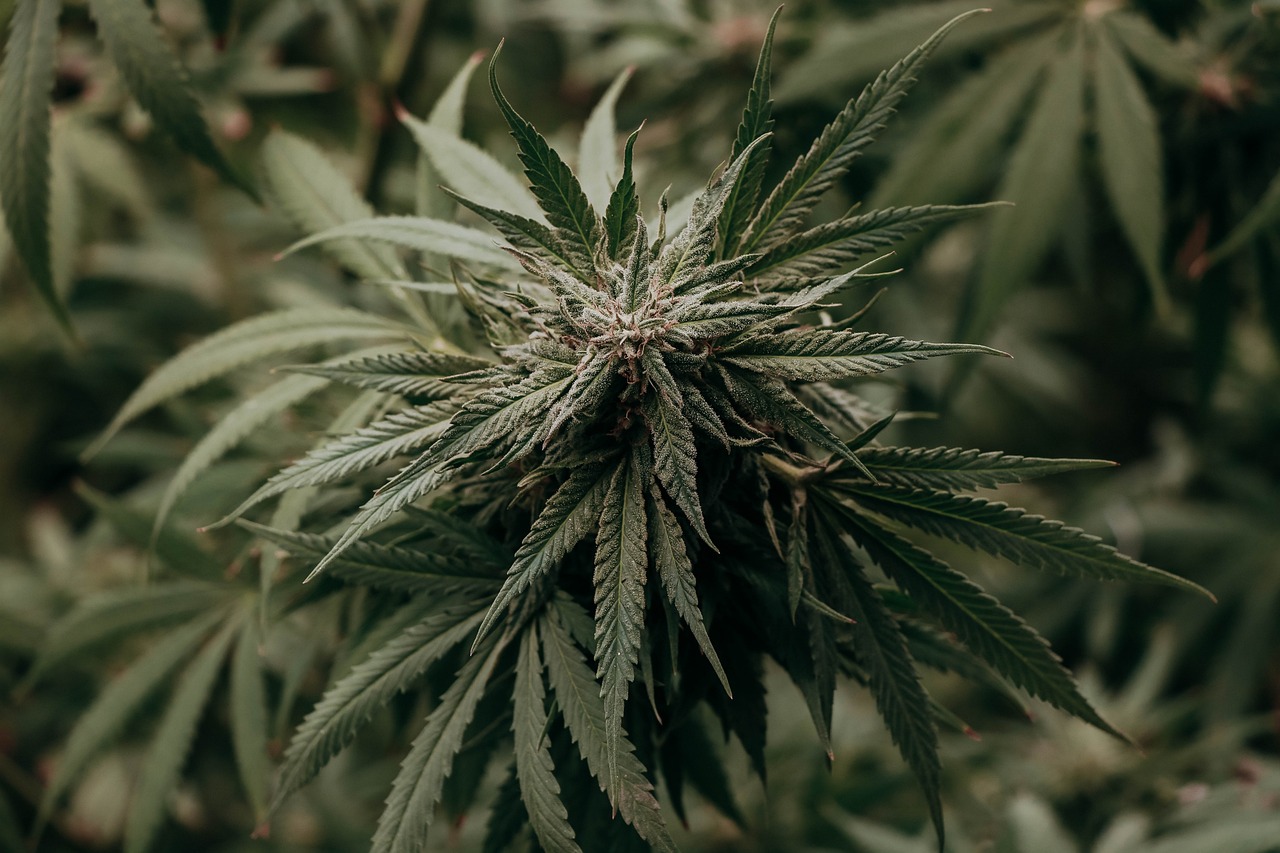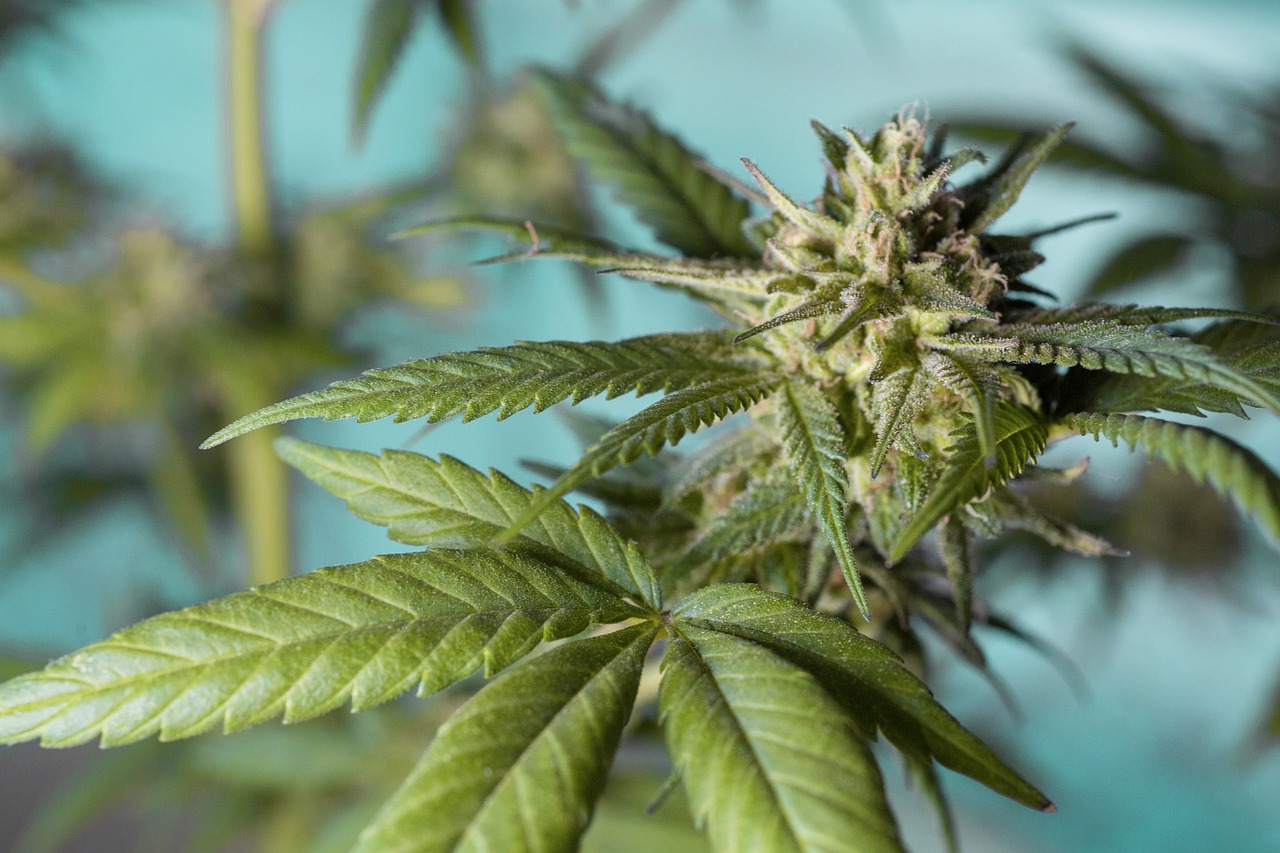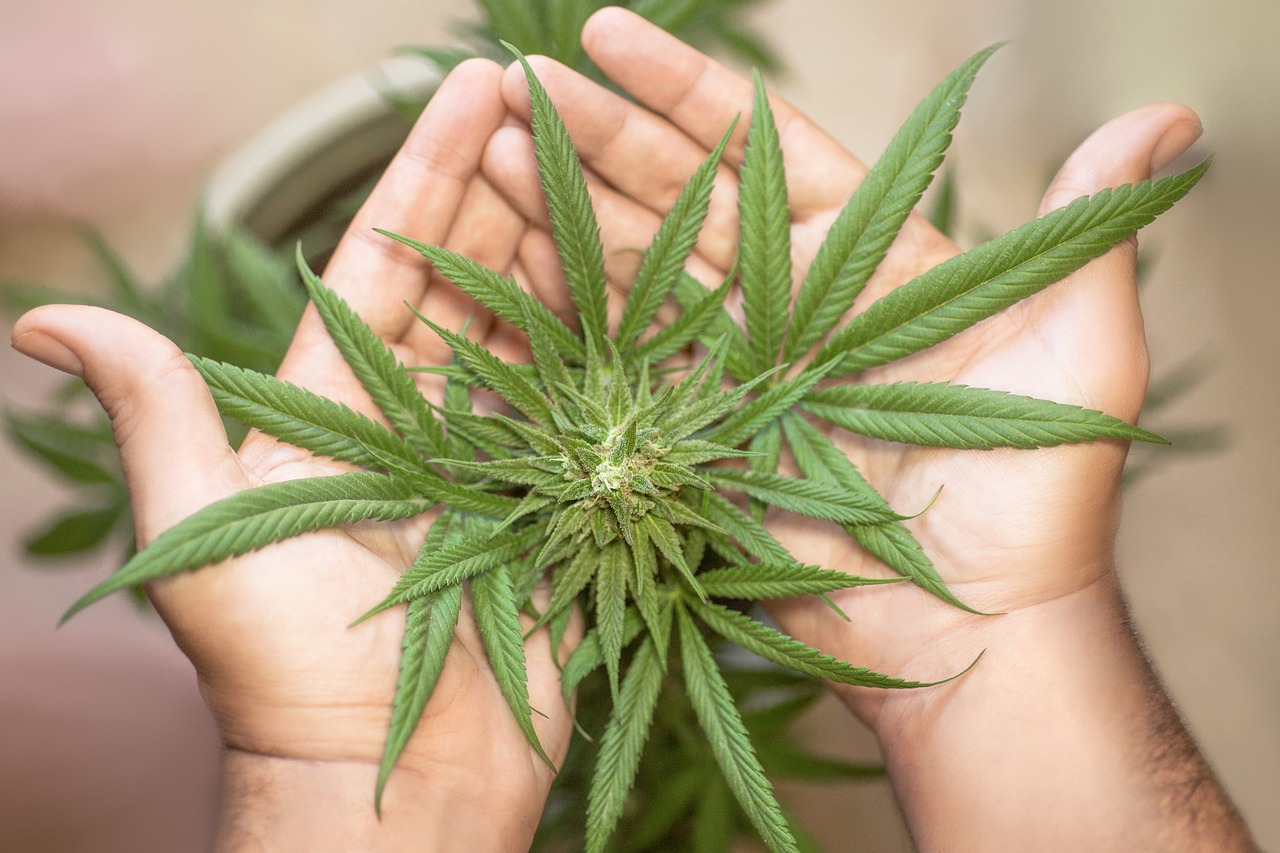The world of cannabis is vast and varied, with numerous compounds offering a range of potential benefits. Among these, THCA (tetrahydrocannabinolic acid) has garnered attention for its unique properties. Unlike its more famous counterpart, THC, THCA is non-psychoactive, making it an intriguing subject for medical research and application.
Understanding THCA
THCA is a cannabinoid found in raw and live cannabis plants. It is the precursor to THC, the compound responsible for the psychoactive effects of cannabis. When cannabis is heated through smoking, vaping, or cooking, THCA flower for digestive health undergoes decarboxylation, converting into THC. This transformation is why raw cannabis does not produce the “high” associated with its consumption.
Potential Health Benefits
Research into THCA is still in its early stages, but preliminary findings suggest several potential health benefits:
- Anti-inflammatory Properties: THCA may help reduce inflammation, making it a candidate for treating conditions like arthritis and lupus.
- Neuroprotective Effects: Some studies indicate that THCA might protect brain cells, offering potential in managing neurodegenerative diseases such as Alzheimer’s and Parkinson’s.
- Anti-emetic Qualities: THCA has shown promise in reducing nausea and vomiting, which could benefit patients undergoing chemotherapy.
- Appetite Stimulation: Similar to THC, THCA might help stimulate appetite, aiding those with eating disorders or cachexia.
Case Studies and Research
Several studies have explored the potential of THCA in medical applications. A study published in the “British Journal of Pharmacology” highlighted THCA’s anti-inflammatory properties, suggesting its potential in treating inflammatory bowel diseases. Another research project conducted by the University of Guelph found that THCA exhibited neuroprotective effects in animal models, indicating its promise in neurodegenerative disease management.
Patient testimonials further support these findings. For instance, individuals with chronic pain conditions have reported relief after using THCA-rich products, while others have noted improvements in mood and energy levels.
Methods of Consumption
THCA can be consumed in various forms, each offering different benefits and experiences:
- Raw Cannabis Juicing: Juicing raw cannabis leaves and flowers is a popular method to consume THCA without converting it to THC. This method preserves the compound’s natural properties.
- Tinctures and Oils: These products allow for precise dosing and can be added to food or beverages for easy consumption.
- Topicals: THCA-infused creams and balms can be applied directly to the skin, providing localized relief from pain and inflammation.
Legal Considerations
The legal status of THCA varies by region. In some areas, it is classified similarly to THC, while others recognize its non-psychoactive nature and permit its use. It’s crucial for consumers to understand the regulations in their area before purchasing or using THCA products.
Challenges and Future Directions
Despite its potential, THCA research faces several challenges. The legal restrictions on cannabis research have historically limited scientific exploration. However, as more regions legalize cannabis, opportunities for comprehensive studies are increasing.
Future research will likely focus on understanding the full spectrum of THCA’s effects and its interactions with other cannabinoids. This knowledge could lead to the development of targeted therapies for various medical conditions.
Conclusion
THCA flower presents a promising avenue for medical applications, offering potential benefits without the psychoactive effects of THC. While research is still developing, early findings suggest that THCA could play a role in managing inflammation, neurodegenerative diseases, and more. As legal landscapes evolve and scientific understanding deepens, THCA may become a valuable tool in the medical community’s arsenal.



